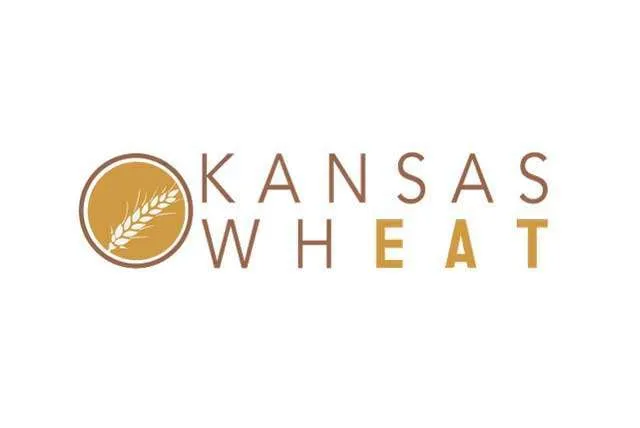For audio version, visit kansaswheat.org.
Whether stopping by for a quick chat and a cup of coffee, picking up fertilizer for planting or discussing the ups and downs of prices, local elevators are a hub of activity and advice for farmers, especially during the busy fall fieldwork season. And each October since the 1930s, the American agriculture industry has expressed appreciation for these member-owned, member-controlled businesses during National Co-Op Month.
The 2021 theme for National Co-Op Month is “Build Back for Impact,” reflecting how agricultural cooperatives have adapted throughout time to meet the changing needs of their farmer member-owners. Just as Kansas farmers have continuously adopted new technologies and updated management practices, agricultural cooperatives are continuously investing in new services and resources and improving infrastructure to help their farmer member-owners fulfill their mission.
“As farmer-owners, Kansas wheat producers are the lifeblood of grain marketing and ag retail cooperatives,” said Brandi Miller, president/CEO of the Kansas Cooperative Council, the organization that has represented the cooperative business model in the Sunflower State since 1944. “In the cooperative structure, Kansas farmers can exercise the cooperative principle of democratic control. They are truly at the helm of making decisions and setting the strategic path for their local cooperative through board participation. Cooperatives, in turn, are able to provide value back to members and keep dollars local.”
By definition, a cooperative works for the mutual benefit of its members, who own and control the business. Nearly one out of every three Americans are member-owners of a cooperative of some type, according to the National Council of Farmer Cooperatives (NCFC). NCFC reported there are 1,779 co-ops in the United States as of 2019, including 1.9 million farmer members.
Agricultural cooperatives have existed nearly as long as farmers have been farming as producers learned how to pool resources and expertise to support each other’s operations. The local co-op is where farmers deliver and store their grain, market their crops, obtain field recommendations and purchase inputs. Agricultural cooperatives also return earnings to their members, known as patronage.
Outside of this now-standard set of services, cooperatives provide credit, insurance, electric service, health care, housing, telephone services and even child care. Cooperatives also support the health of local economies by creating jobs, paying property taxes and income taxes and giving to charity.
In Kansas, cooperatives continue to invest in the grain industry, including building to meet the demand for increased grain storage capacity, improved efficiency in weighing and dumping time and more crop input warehouse space. Cooperatives are also meeting needs for replacing aging infrastructure with newer, updated facilities. This investment in new facilities and services is a continuation of the proud cooperative tradition of matching the innovation and dedication of their farmer members, contributing to the reliability, quality and value of the Kansas wheat crop each year.
Follow along during National Co-Op Month with the Kansas Cooperative Council to learn more about its services and membership at https://www.facebook.com/KansasCooperativeCouncil/.
###
Written by Julia Debes for Kansas Wheat



